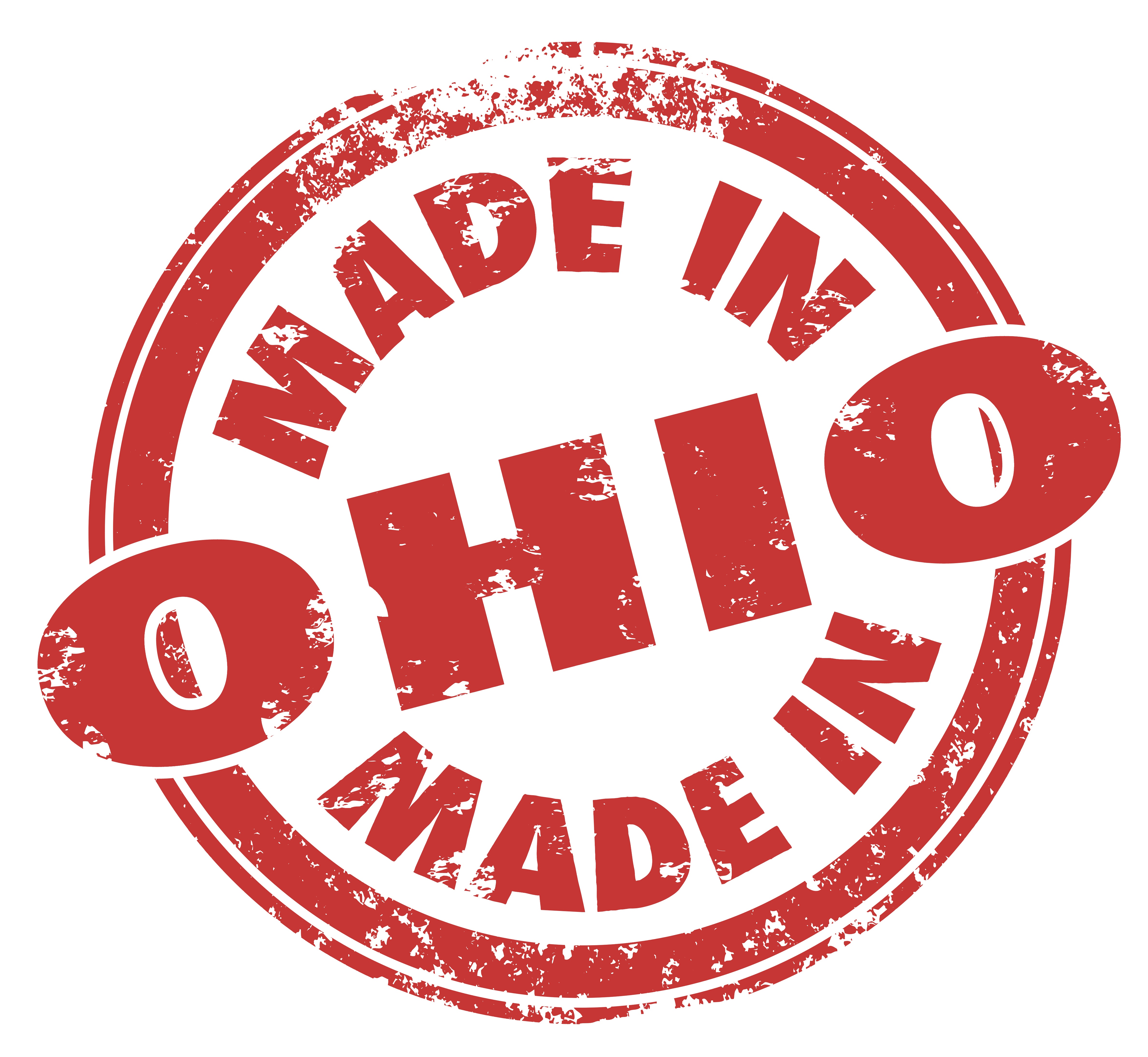Like everything in life, the manufacturing process has a beginning and an end. Understanding that process is important for making business decisions regarding raw materials, staffing, inventory, fixed assets, and innovation.
This knowledge is also used by well-advised businesses to reduce tax expense in Ohio and many other states that have designed their sales tax structure to promote manufacturing.
Read more from Brett Neate here
Ohio does not require sales or use tax to be paid on the purchase or consumption of items used primarily in the manufacturing operation to produce personal property for sale. One of the challenges in maximizing the benefit of this exemption is understanding, for sales tax purposes, when the production process begins and ends.
Production begins when raw materials are committed to the process and ends when the product is in its final state or form. While these definitions seem straightforward, they tend to incredibly nuanced depending on the product being created and the specific process being utilized by the manufacturer.
An additional challenge in properly applying the exemption is when assets or materials are used in both manufacturing and non-manufacturing processes. For example, forklifts are often used to move raw materials, production items, and finished goods. The cost to purchase, maintain, and power the forklifts may or may not be subject to sales tax depending on whether or not they are used primarily in the production process.
 According to the press release, prior to each policy year (July 1- June 30), employers' payroll amount, the basis for their premium, is estimated based on historical data. When the policy year-ends, employers are required to true-up, which means they must report the actual payroll for the policy year that ended on June 30 and reconcile any difference in premium paid.
According to the press release, prior to each policy year (July 1- June 30), employers' payroll amount, the basis for their premium, is estimated based on historical data. When the policy year-ends, employers are required to true-up, which means they must report the actual payroll for the policy year that ended on June 30 and reconcile any difference in premium paid.









